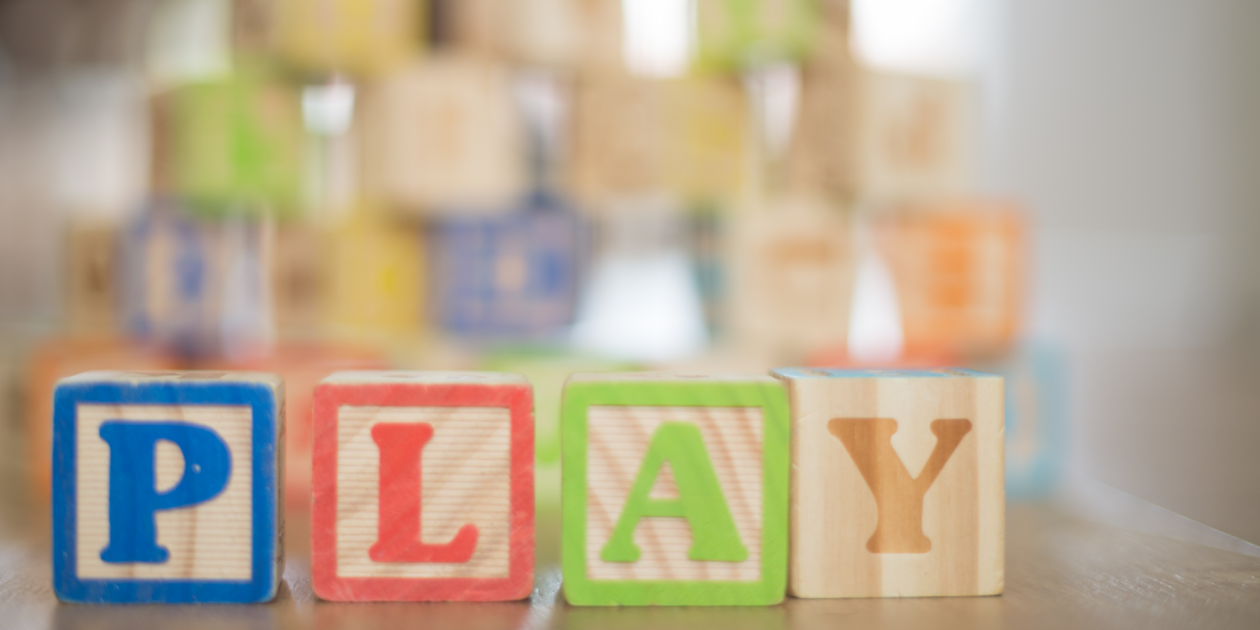Literacy
Literacy can be loosely defined as, “the ability to read and write” (Tsao, 2008) and Play defined as “voluntary engagement in enjoyable activities.” Therefore it is apparent that literacy skills may evolve naturally during play for young children. It is our job to plan for, scaffold and extend this learning through our planned play experiences.
seic pEDAGOGY pIONEER vIDEO – dEVELOPING wRITING tHROUGH pLAY-BASED lEARNING. WHAT IS WRITING CLUB?
P1 exploring phonics through play at lumphinnans Primary school, shared by holly hunter, class teacher
Using learner interest in p3 to explore speech marks at castlehill primary school, shared by lucy jackman, class teacher
Workshop for literacy
Workshop for Literacy (WfL) is an effective approach adopted by Fife, for teaching core literacy skills, in which essential learning activities are embedded in current class topics and themes, thus ensuring that learning is stimulating and purposeful.
At it’s core there is:
•Daily opportunities for the development of essential skills
•Focussed contextual observation and assessment, using the support documentation, to inform responsive learning and teaching opportunities which reflect the needs of all our learners.
•Using an engaging stimulus text to motivate learners in different contexts and developing essential skills for life.
•Developing learners’ skills through meaningful contexts.
•Skills and strategies are made explicit. Learners talk about their learning and can transfer skills and strategies across curricular areas. Highlight the importance of the teacher’s role in modelling many of the skills and strategies using a variety of tasks and activities which are transferrable to all areas of the curriculum.
The Workshop for Literacy Documentation can be accessed on Glow here.
Numeracy
Being numerate helps us to function responsibly in everyday life and contribute effectively to society. It increases our opportunities within the world of work and establishes foundations which can be built upon through lifelong learning. Numeracy is not only a subset of mathematics; it is also a life skill which permeates and supports all areas of learning, allowing young people access to the wider curriculum.
P3 Exploring fractions at castlehill primary school, shared by lucy jackman, class teacher
conceptual numeracy
The Fife Conceptual Understanding in Numeracy approach is designed to build knowledge and confidence based on robust research through whole school engagement, examining what effective teaching and learning in maths looks like.
The Conceptual Numeracy Documentation can be accessed on Glow here.

